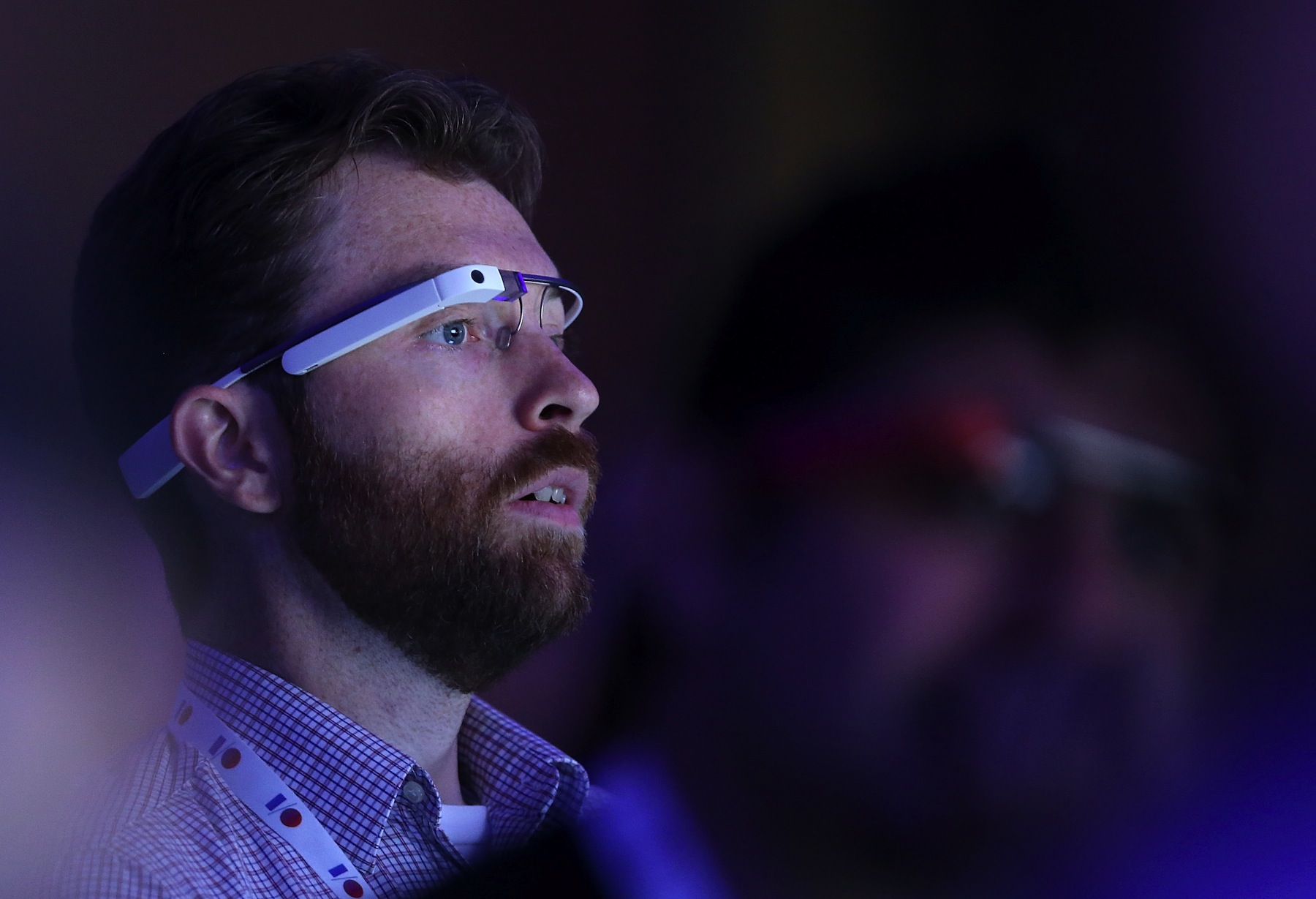
The movie theater chain known for its tongue-in-cheek attitude and serious anti-texting policy has added another bullet point to its totally understandable list of “don’t”s: according to Deadline, the Alamo Drafthouse has banned the use of Google Glass in its movie theaters.
Tim League, the company’s CEO, said that he had personally tried Glass but was waiting to make a decision until customers began to bring the wearable device into theaters. And this time, he said, the reason for the policy wasn’t just a matter of keeping theaters dark and quiet. Though cell phones can distract over moviegoers from what’s going on on the screen, Glass can put a little too much focus there. The main concern at hand is that Glass enables recording, which means that any user could tape and pirate a movie.
Alamo Drafthouse isn’t the first theater chain to announce a Glass ban, but such prohibitions aren’t always as clear-cut as they may seem.
For one thing, the ban — which will apply to the use of the device “once lights dim for trailers” — will have to be case by case, League told Twitter followers who inquired about what would happen if a Glass user needed the prescription lenses in the device to see the screen:
.@gay4soccer It will be case by case, but if it is clear when they are on, clear when they are off, will likely be OK
— Alamo Drafthouse (@alamodrafthouse) June 9, 2014
And then there’s the matter of what such a ban can actually accomplish. As Forbes pointed out last year when Glass bans were first making news, the problematic functions in question are all things that can already be done by devices that many of us carry all the time. Glass does add a layer of deniability — you might be wearing it to see, you might be recording, nobody knows — but anyone concerned about others recording things in public, from embarrassing moments to Hollywood movies, has more to worry about than just Glass. And once Google has put the camera in on users’ heads, other tech companies are sure to follow, meaning that banning one specific device will get even more futile.
But, in the mean time, maybe movie theaters will find a way around those semantic concerns. Just last week, WIRED reported on the existence of a new solution to the problem: a device that detects the presence of Glass and remotely shuts off its access to wi-fi networks.
More Must-Reads from TIME
- Donald Trump Is TIME's 2024 Person of the Year
- Why We Chose Trump as Person of the Year
- Is Intermittent Fasting Good or Bad for You?
- The 100 Must-Read Books of 2024
- The 20 Best Christmas TV Episodes
- Column: If Optimism Feels Ridiculous Now, Try Hope
- The Future of Climate Action Is Trade Policy
- Merle Bombardieri Is Helping People Make the Baby Decision
Write to Lily Rothman at lily.rothman@time.com